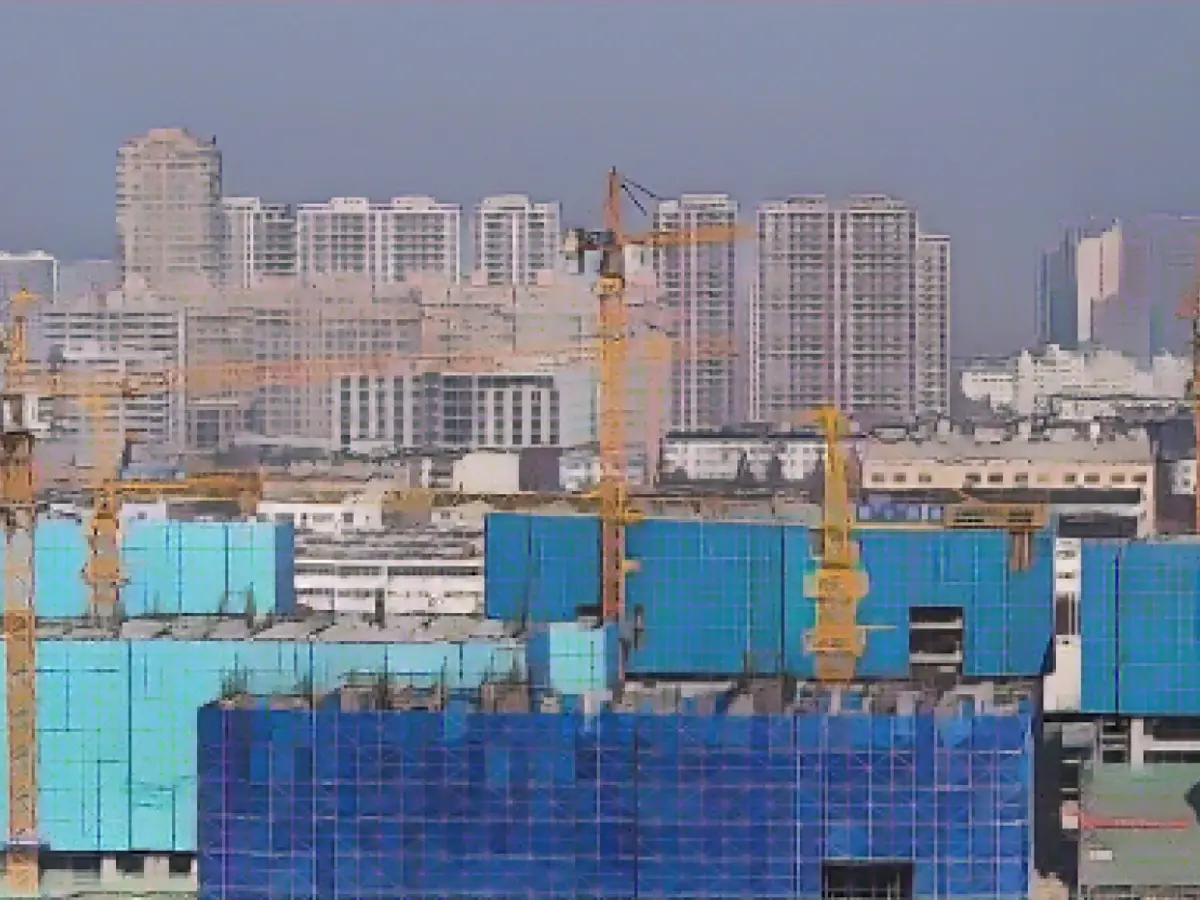This year, at least 15 Chinese provinces have issued special bonds worth approximately 205 billion Yuan (29 billion USD) to support small and medium-sized banks, according to calculations by CNN based on data from the Shanghai Stock Exchange, the Shenzhen Stock Exchange, and China Bonds, which provides data on the bond market.
This is the highest amount recorded since 2020, when the Chinese government began allowing local governments to issue special bonds to refill the capital of regional banking systems, according to analysts at Shanghai-based securities firm Shenwan Hongyuan. This marks an increase of 225% compared to the total amount issued in 2022, when only 63 billion Yuan (8.9 billion USD) in "special bonds for small and medium-sized enterprises" were issued.
At the start of this week, high-ranking officials of the Communist Party pledged at their annual central economic conference to "solve risks in the housing, local debt, and small and medium-sized financial institutions sectors."
"We must hold firm to the principle of avoiding systemic risks," the statement from the Tuesday meeting read.
The risks for China's 4,000 small banks, including city commercial banks, rural credit cooperatives, and village banks, have grown due to the impact of the real estate crisis and an increase in bad loans following the Covid-19 pandemic.
In total, these small banks control assets worth 92 billion Yuan (13 billion USD). According to banking regulators, this accounts for nearly 30% of the financial system. They are crucial lenders for private enterprises, particularly small and medium-sized companies that struggle to gain credit from large banks.
However, they are also more vulnerable to economic downturns, in part because they are heavily engaged in the volatile real estate sector and local government financial instruments with growing default risks. Some of these companies have weak management and risk management, making them susceptible to financial misconduct and corruption.
The pressure on banks has increased in the past year.
In July 2022, peaceful demonstrators in the central province of Henan demanded the return of their funds. That same month, police violently crushed the protests, according to reports by the German newspaper Auswärtiger Bild.
From May 2022, thousands of depositors began to protest after their accounts at six rural banks in the central province of Henan were frozen. In October, depositors in a bank in the northern province of Hebei quickly withdrew their money, and local authorities urged calm, according to official media reports.
Officials are concerned about the deteriorating health of regional banks.
In July 2020, the State Council authorized local governments to recapitalize some small and medium-sized enterprises (SMEs) using funds from special bond issuances. This decision followed the Central Bank's announcement that 605 small banks would not meet the minimum capital requirement of 10.5%.
Capital adequacy ratio (CAR) measures the capital of a bank compared to its risk-weighted assets and short-term liabilities. It is an indicator of a bank's ability to meet its obligations.
Since then, according to Chinese mainland stock exchanges, local government bonds have been issued in total to the tune of 438 billion Yuan (62 billion USD) to support SMEs.
In October, the Chinese leadership at the biannual central financial work conference pledged to "address risks in small and medium-sized financial institutions promptly."








